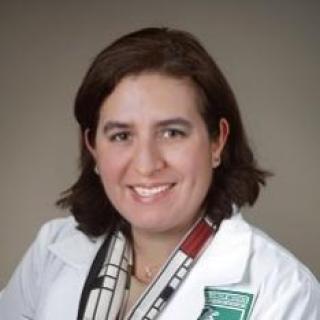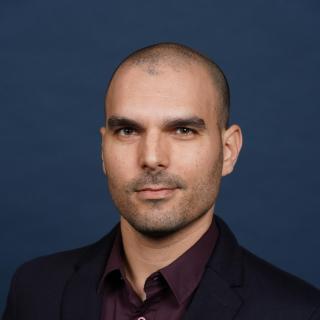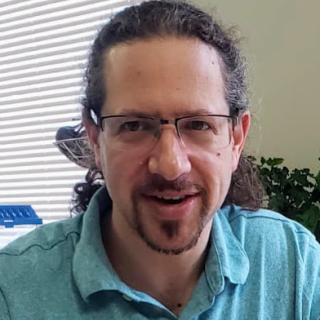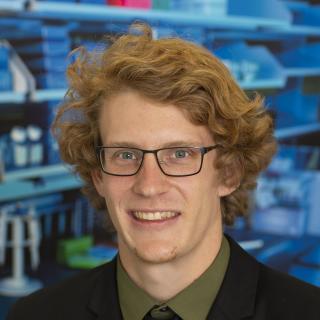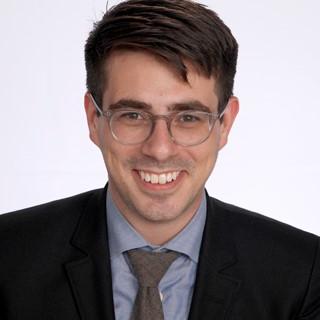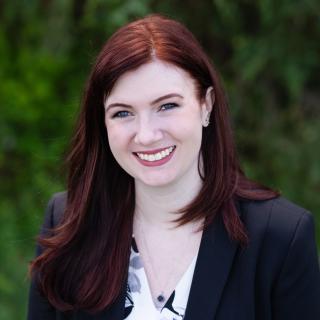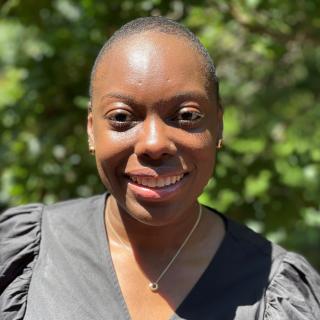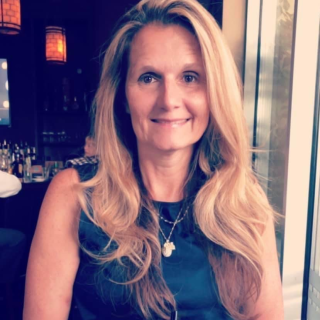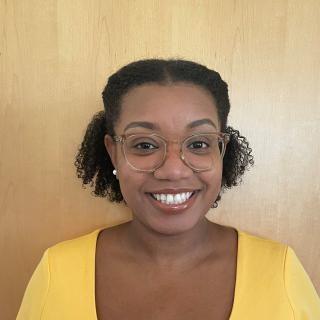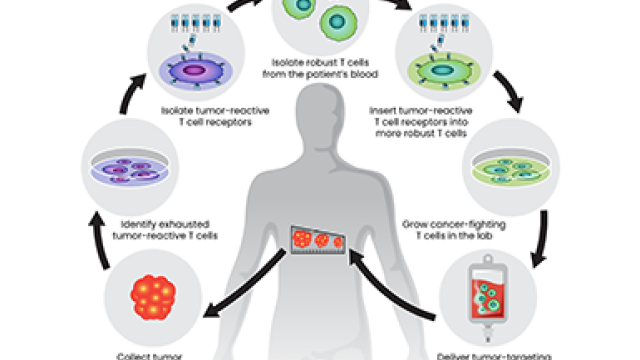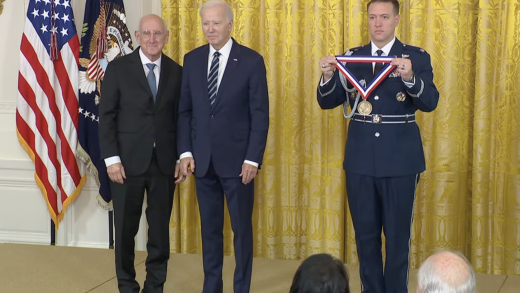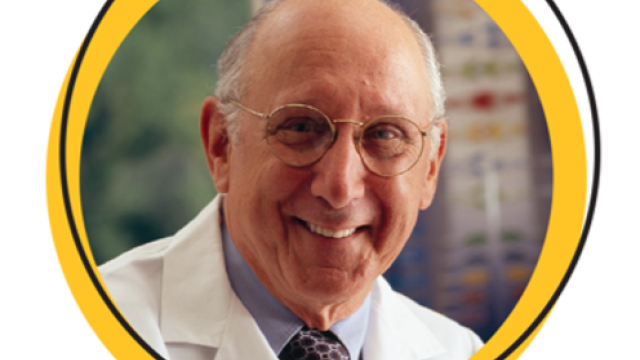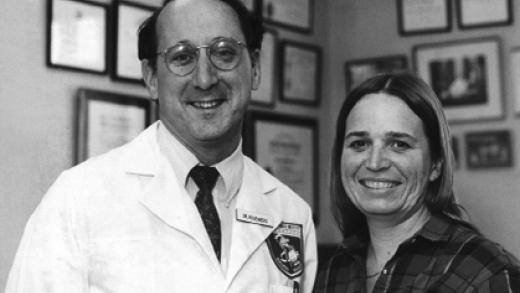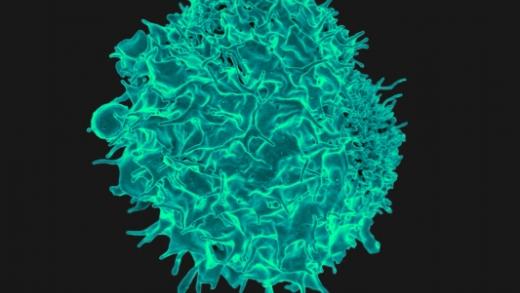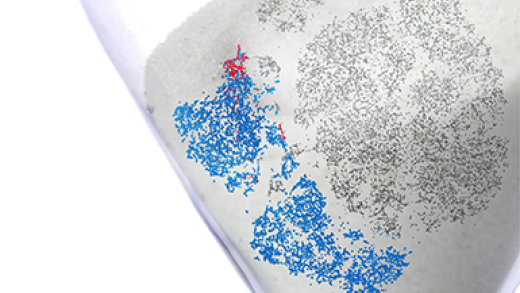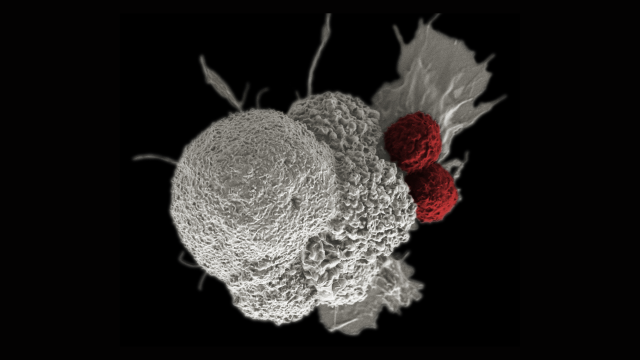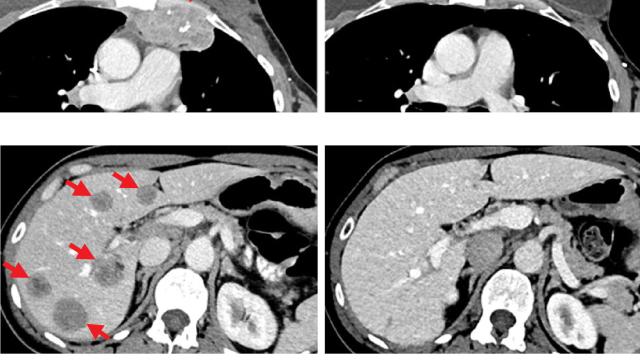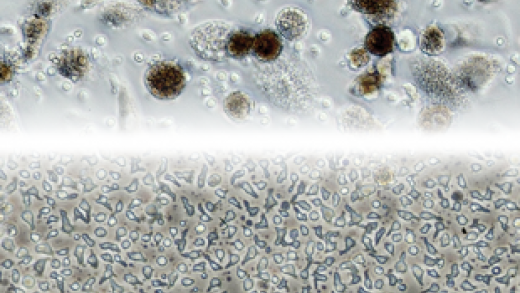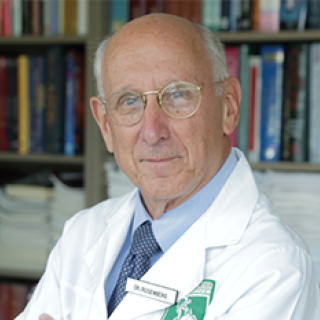
Steven A. Rosenberg, M.D., Ph.D.
- Center for Cancer Research
- National Cancer Institute
- Building 10 - Hatfield CRC, Room 3-3940
- Bethesda, MD 20892-1201
- 240-858-3080
- SAR@nih.gov
RESEARCH SUMMARY
Dr. Rosenberg has pioneered the development of effective immunotherapies for patients with advanced cancer. His studies of cell transfer immunotherapy using tumor infiltrating lymphocytes (TIL) have resulted in durable complete remissions in patients with advanced solid cancers. He has also pioneered the development of gene therapy and was the first to successfully insert foreign genes into humans. His recent studies of the adoptive transfer of genetically modified lymphocytes using chimeric antigen receptors (CAR) or conventional T-cell receptors (TCR) have resulted in the regression of metastatic cancer in patients with lymphomas and solid cancers. His current research is aimed at defining the host immune response of patients to their cancers. These studies emphasize the ability of human lymphocytes to recognize unique cancer antigens and the identification of anti-tumor T-cell receptors that can be exploited to develop new cell transfer immunotherapies. As Chief, Dr. Rosenberg also oversees the Branch’s extensive clinical program aimed at translating scientific advances into effective immunotherapies for patients with advanced cancers arising from the breast, gastrointestinal tract, and pancreas.
Areas of Expertise

Steven A. Rosenberg, M.D., Ph.D.
Clinical Trials
Research
Dr. Rosenberg has pioneered the development of immunotherapy that has resulted in the first effective immunotherapies for selected patients with advanced cancer. His studies of cell transfer immunotherapy have resulted in durable complete remissions in patients with metastatic melanoma. He has also pioneered the development of gene therapy and was the first to successfully insert foreign genes into humans. His recent studies of the adoptive transfer of genetically modified lymphocytes has resulted in the regression of metastatic cancer in patients with melanoma, sarcomas and lymphomas.
Publications
- Bibliography Link
- View Dr. Rosenberg's PubMed Summary.
'Final common pathway' of human cancer immunotherapy: targeting random somatic mutations
Stem-like CD8 T cells mediate response of adoptive cell immunotherapy against human cancer
Immune recognition of somatic mutations leading to complete durable regression in metastatic breast cancer
T-Cell Transfer Therapy Targeting Mutant KRAS in Cancer
Biography
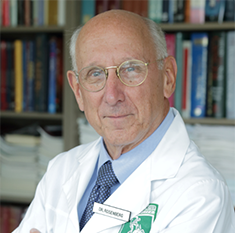
Steven A. Rosenberg, M.D., Ph.D.
Dr. Rosenberg is Chief of the Surgery Branch at the National Cancer Institute in Bethesda, Maryland and a Professor of Surgery at the Uniformed Services University of Health Sciences and at the George Washington University School of Medicine and Health Sciences in Washington, D.C. He is a Professor in the Department of Laboratory Medicine at the Karolinska Institutet in Stockholm, Sweden.
Dr. Rosenberg received his B.A. and M.D. degree at The Johns Hopkins University in Baltimore, Maryland and a Ph.D. in Biophysics at Harvard University. After completing his residency training in surgery in 1974 at the Peter Bent Brigham Hospital in Boston, Massachusetts, Dr. Rosenberg became the Chief of the Surgery Branch at the National Cancer Institute, a position he has held to the present time.
Dr. Rosenberg pioneered the first effective immunotherapies for patients with advanced cancer. His basic and clinical studies of interleukin-2 directly resulted in the approval of this immunotherapy by the US Food and Drug Administration for the treatment of patients with metastatic melanoma and renal cancer, many of whom remain disease-free over 25 years after treatment. His studies of cell transfer immunotherapy using tumor infiltrating lymphocytes (TIL) that resulted in durable complete remissions in patients with metastatic melanoma were the first to directly demonstrate the effective role of T lymphocyte in human cancer immunotherapy and the approach has now been applied to the treatment of patients with metastatic solid cancers. He pioneered the development of gene therapy and was the first to successfully insert foreign genes into humans. He was the first to demonstrate the clinical effectiveness of genetically engineered Chimeric Antigen Receptor (CAR) T-cells to mediate the regression of B-cell malignancies in humans, a treatment now approved by the FDA for widespread use. In recent work Dr. Rosenberg established new approaches for the application of immunotherapy to patients with a variety of common solid epithelial cancers by targeting the unique mutations present in the patient’s cancer.
For these contributions Dr. Rosenberg has received the highest awards from virtually every major organization involved in the study of cancer. Recently he received the Keio Medical Science Prize (2012), the American Cancer Society Medal of Honor (2015), the Novartis Prize for Clinical Immunology (2016),the Albany Medical Center Prize (2018), the American Association of Immunology Steinman Award for Human Immunology Research (2019), the Szent-Gyorgi Prize for Progress in Cancer Research (2019), the Edogawa NICHE Prize (2019), the Anthony Cerami Award in Translational Medicine (2019), AACR-CRI Lloyd J. Old Award in Cancer Immunology (2020), Samuel D. Gross Prize from Philadelphia Academy of Surgery (2020), the establishment of the Steven A. Rosenberg Scholars Prize in Cancer Immunotherapy from the Society for Immunotherapy of Cancer (2020), the Dan David Prize in Molecular Medicine from Tel Aviv University, Israel (2021), the Pezcoller Foundation-AACR Award for Extraordinary Achievement in Cancer Research (2022), the 2022 ICON in Surgery Award from the American College of Surgeons, and the Charles M. Balch, MD Distinguished Service Award from the Society of Surgical Oncology (2023), National Medal of Technology and Innovation (2023).
Dr. Rosenberg is a member of the National Academy of Medicine. He has published over 1200 papers in the peer-reviewed literature. His h-index of 208 continues to make him one of the highest cited clinician/scientists in the world.
Job Vacancies
We have no open positions in our group at this time, please check back later.
To see all available positions at CCR, take a look at our Careers page. You can also subscribe to receive CCR's latest job and training opportunities in your inbox.
